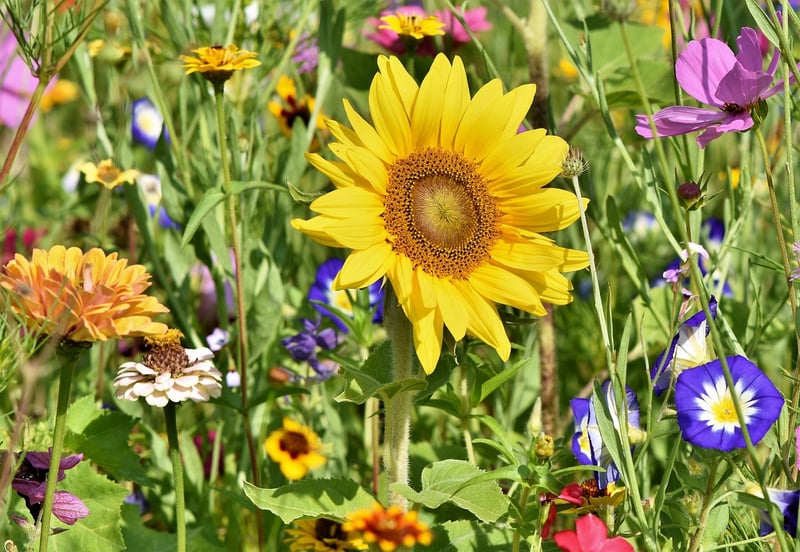Pest Control Methods
Expert Advice for Successful Gardening + Pest Control Methods
Introduction
Welcome to our guide for successful gardening and effective pest control methods. Whether you're a seasoned gardener or just starting out, these expert tips will help you achieve a thriving garden while keeping pests at bay.
1. Choose the Right Plants
Start by selecting plants that are well-suited to your climate and soil type. Native plants are often more resilient and require less maintenance. Consider factors such as sunlight, water requirements, and space availability when choosing your plants.
2. Soil Preparation
Healthy soil is the foundation of a successful garden. Test your soil to determine its pH level and nutrient content. Amend the soil with compost or organic matter to improve its quality and provide essential nutrients for plant growth.
3. Watering and Mulching
Water your plants deeply and infrequently to encourage deep root growth. Mulching helps retain soil moisture, suppresses weeds, and regulates soil temperature. Use organic mulches like straw, wood chips, or leaves for best results.
4. Pest Control Methods
4.1 Natural Predators
Attract beneficial insects like ladybugs, lacewings, and praying mantises to control pest populations naturally. Plant flowers and herbs that attract these predators to your garden.
4.2 Companion Planting
Some plants have natural pest-repelling properties. Consider planting marigolds, mint, or garlic alongside vulnerable crops to deter pests. Research companion planting combinations for maximum benefits.
4.3 Organic Sprays
Make your own organic sprays using ingredients like neem oil, garlic, or soap to repel common garden pests. These sprays are effective and eco-friendly alternatives to chemical pesticides.
4.4 Crop Rotation
Rotate your crops each season to disrupt pest life cycles and prevent the buildup of pests in the soil. This practice also helps maintain soil fertility and reduces the risk of disease outbreaks.
5. Regular Monitoring
Inspect your plants regularly for signs of pest infestations or diseases. Early detection allows for prompt action to prevent widespread damage. Remove affected plants or areas to prevent the spread of pests.
Conclusion
By following these expert tips for successful gardening and implementing effective pest control methods, you can enjoy a beautiful and thriving garden throughout the year. Remember to observe and learn from your garden to continually improve your skills as a gardener.

For more gardening tips and tricks, check out our gardening resources section.
